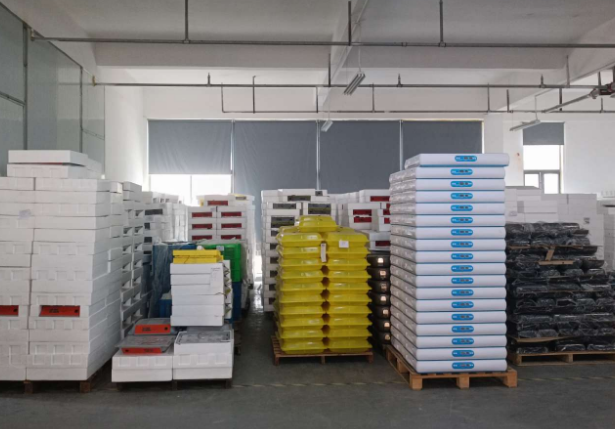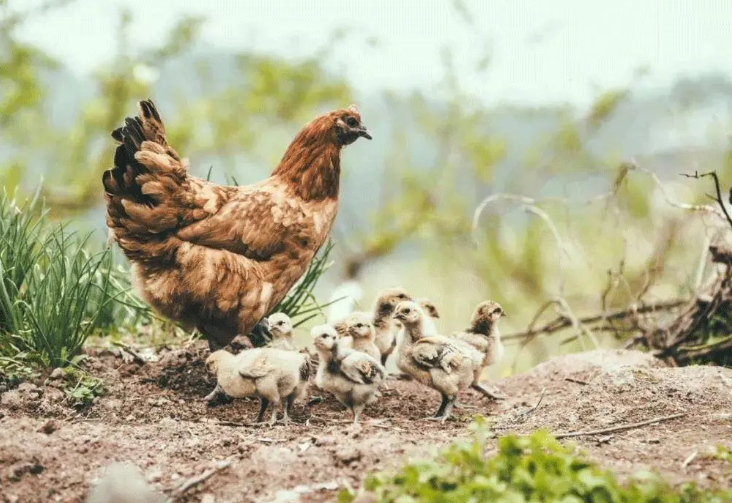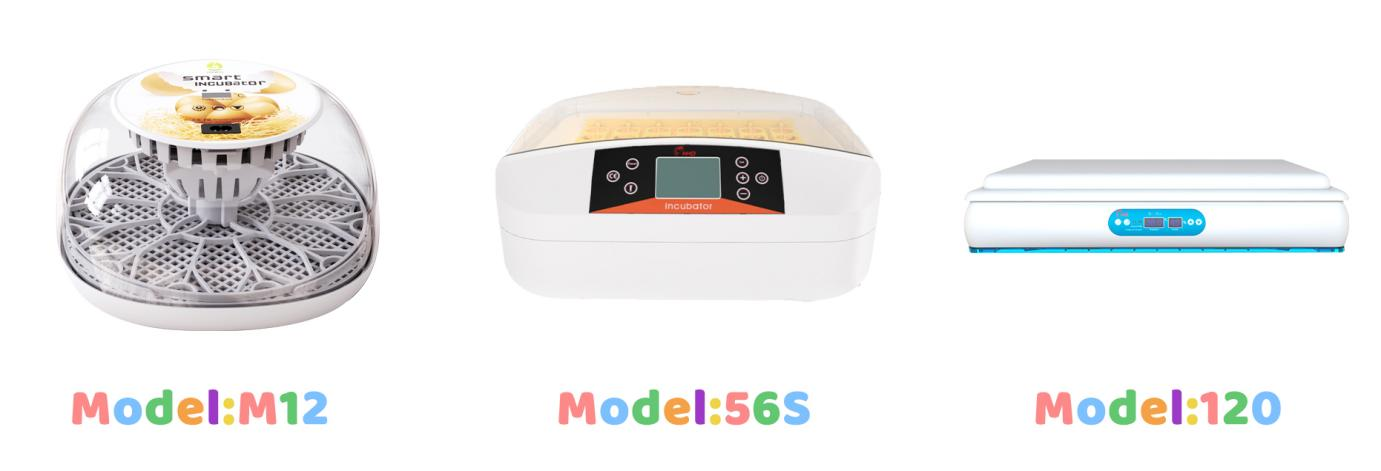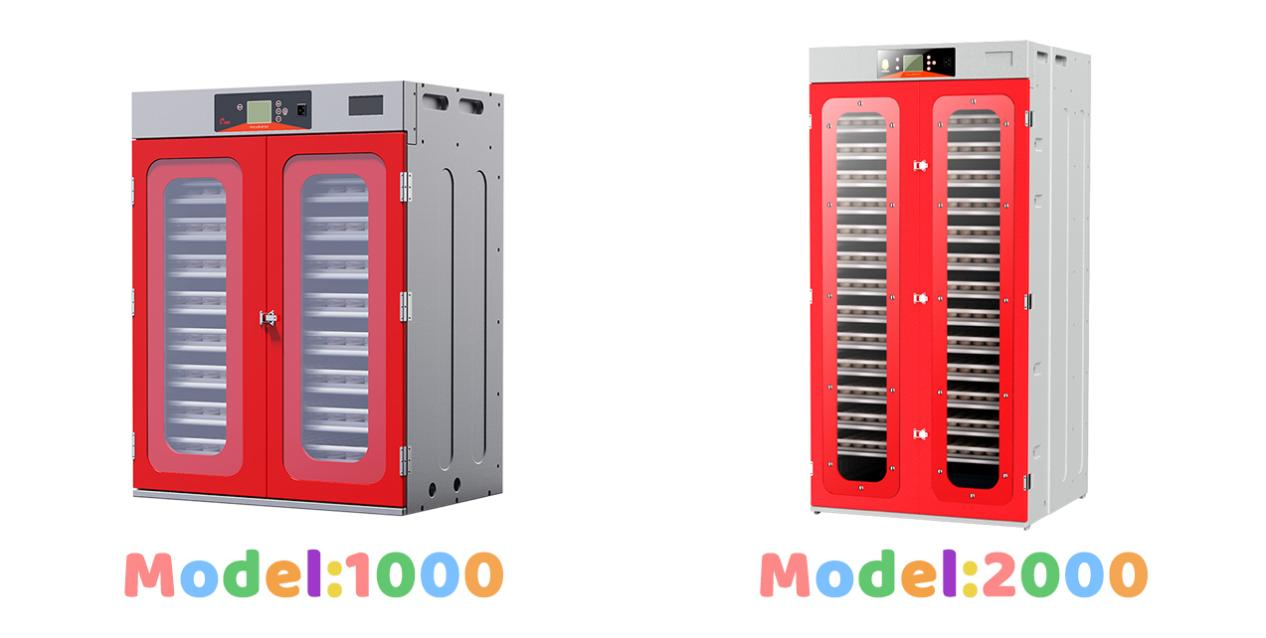The peak hatching season has arrived. Is everyone ready? Maybe you are still confused, hesitant and don’t know which incubator on the market is right for you. You can trust Wonegg, we have 12 years of experience and can provide the best products and services.
It’s March now, and it’s over from winter to spring. Spring is the season when everything comes back to life and it is important to keep warm while incubating.
For mini home machines (also available as sales)
1. M12 incubator, compact and highly transparent, suitable for novices. It just so happens that this incubator is on sale, and the quality is guaranteed, so you can buy with confidence.
2. 56S incubator with LED light egg tray, you can observe the development of breeding eggs at any time. Very suitable for home use.
3. 120 egg incubator, fully automatic machine. Affordable price, cost effective.
For large machines
1. 1000 egg incubator, fully automatic incubator, free our hands.
2. 2000 egg incubator, same function as 1000 egg incubator, but can automatically cool the eggs, hatching rate up to 90%
Some tips can be shared with you:
1. spring is the prime season for hatching chicks. When chickens are incubated, temperature, humidity, ventilation, egg turning and egg cooling should be strictly controlled according to the embryo development. Keep the relative humidity in the room at 60%-65%; in the incubator at 55%-60%; in the incubator at 65%-70%.
2. warming room, keep the room temperature around 25; in the early stage of incubation, the egg surface temperature should be kept around 39; in the late stage of incubation, it should be kept at 37.5-38; generally it is appropriate to control the temperature of the incubator at 36-37.
3. Turning eggs In order to heat all parts of the breeding egg evenly and maintain the normal development of the embryo, the eggs should be turned over on time. For fire pit incubation, the eggs can be turned every 4 hours; for machine incubation, the eggs should be turned every 2 hours and the angle of turning the eggs should be 90 degrees.
4. Ventilation While maintaining normal temperature and humidity, pay attention to frequent ventilation to keep the air in the room or incubator fresh.
5. 12-13 days after incubation, the eggs should be cooled down regularly, twice a day, so that the heat generated by the fetus inside the egg can be distributed in time to prevent ‘natural’ death. The temperature of a cold egg should be controlled at about 36, i.e. when it touches human skin, it will feel warm but not cold.
Post time: Mar-16-2023








